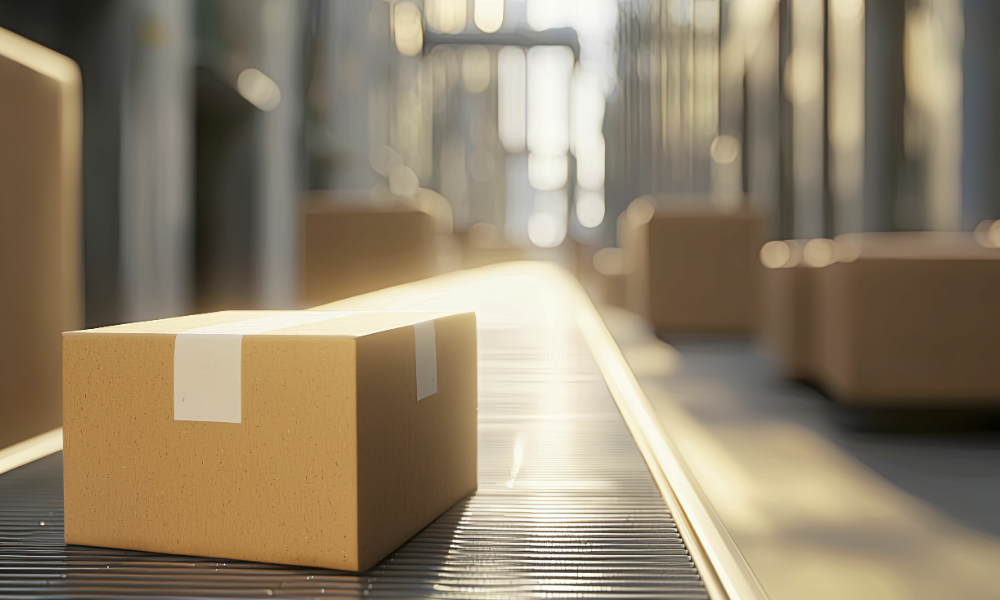PM Carney briefly suspended campaign for emergency cabinet meeting

U.S. President Donald Trump has formally requested a call with Prime Minister Mark Carney following his latest move to impose a 25% tariff on cars and light trucks manufactured outside the United States.
The surprise escalation in trade tensions between the two nations has disrupted Canada’s federal election campaign, now entering its fifth day.
In response to the tariff announcement, Liberal Leader and Prime Minister Mark Carney temporarily suspended his campaign to convene an emergency cabinet meeting in Ottawa. Speaking to media later that day, Carney confirmed the White House had reached out to arrange a phone conversation. While the two leaders have not yet spoken, Carney will hold a series of senior-level strategy sessions on Friday to prepare for the discussion.
“The president of the United States reached out to schedule a call,” Carney said, explaining his decision to halt campaign events temporarily to focus on the growing trade rift.
“I appreciate this opportunity to discuss how we can protect our workers and build our economies,” he continued. “I will make clear to the president that those interests are best served by cooperation and mutual respect, including of our sovereignty.”
Trump’s decision to enact sweeping auto tariffs—effective next week—comes as part of a broader protectionist push. His executive order would apply the 25% duty on all imported vehicles not assembled within the United States. Prime Minister Carney said Canada’s formal response would be unveiled in the coming week.
At a press conference on Parliament Hill following his cabinet meeting, Carney warned that “it’s obvious that the U.S. is no longer a reliable partner.” He also declared the historic economic bond between the two countries effectively severed.
Meanwhile, opposition leaders pivoted swiftly to respond.
Conservative Leader Pierre Poilievre criticized Trump’s move and urged the U.S. president to reconsider his approach to allied nations. “Stop attacking America’s friends,” he said, warning that “Yes, you’ll do damage to us in the short term, but we’ll fight back.” On the domestic front, Poilievre pledged to increase the contribution limits on Tax-Free Savings Accounts (TFSAs) if elected.
New Democratic Party Leader Jagmeet Singh shifted his campaign itinerary to make a stop in Windsor, Ontario—a key automotive hub. “This feels like a betrayal,” Singh said, vowing to reduce the GST on vehicles made in Canada in response to the trade dispute.
Despite the day’s turbulence, Carney returned to the campaign trail later Thursday, making a scheduled appearance in Quebec. Just hours after addressing reporters in Ottawa, he stood in the foyer of the West Block urging Canadians to build a resilient economy that can withstand external pressures.
He accused Trump of trying “to wear us down, to break us so that America can own us.”
By the evening, Carney was rallying a crowd in Montreal, flanked by 28 Quebec Liberal candidates. On stage at the Grand Quai du Port de Montréal, he delivered a 20-minute campaign speech—mostly in French—calling for unity and economic strength. He addressed supporters with the help of a teleprompter.



